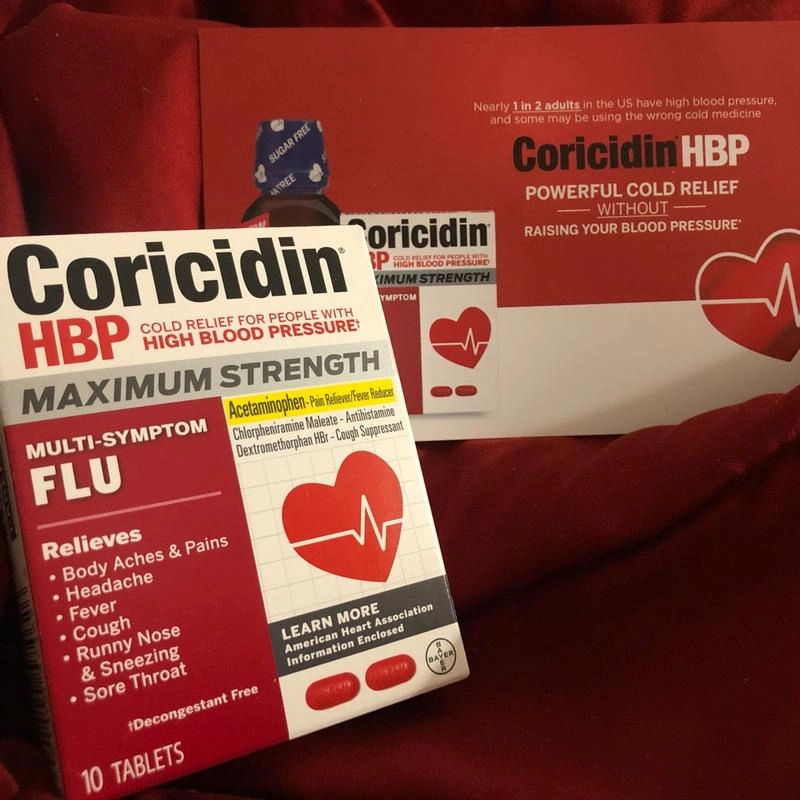Although Xanax is not intended to lower blood pressure directly, it may have an indirect impact by reducing anxiety, which may momentarily drop blood pressure. But this page will tell you everything you need to know about this unique drug.

Understanding Xanax and Blood Pressure
Alprazolam, another generic name for Xanax, is a benzodiazepine that is frequently given to treat anxiety and panic disorders. There is interest in learning whether Xanax can affect blood pressure levels in addition to its primary relaxing effect on the central nervous system.
Effect of Xanax on Blood Pressure
Lack of Direct Evidence
There is yet no concrete proof that Xanax (alprazolam) dramatically reduces blood pressure. Alprazolam did increase upper esophageal sphincter pressure, but it had no discernible effect on lower esophageal sphincter pressure or overall esophageal motility. This implies that alprazolam may have a limited effect on blood vessels and smooth muscle function.
Central Nervous System Depression
The main mechanism of action of alprazolam is central nervous system (CNS) depression, which can result in a number of physiological alterations. According to the same study, alprazolam-induced central nervous system depression may disrupt regular nocturnal acid clearance processes, increasing nocturnal acid reflux in certain people.
Although this has nothing to do with blood pressure, it does show that the drug’s systemic effects are more complicated and may not be helpful in controlling blood pressure.
Comparison with Established Blood Pressure Medications
Established Blood Pressure Lowering Drugs
On the other hand, well-known blood pressure drugs including beta-blockers, ACE inhibitors, thiazides, angiotensin II receptor antagonists, and calcium channel blockers have all been well investigated and shown to successfully reduce blood pressure.
Significant drops in both systolic and diastolic blood pressure were observed in a meta-analysis of 354 randomized studies employing these drugs.
These medications function via a number of pathways, such as diuresis, vasodilation, and angiotensin-converting enzyme inhibition, none of which are linked to alprazolam.
Combination Therapy
Combining these blood pressure-lowering medications at modest dosages may increase efficacy and decrease side effects, according to the same meta-analysis.
Unlike the unknown effects of alprazolam on blood pressure, this method is well-established and offers a clear path for controlling hypertension.
Effect of Xanax on Esophageal Motility and Acid Reflux
Although Xanax has no discernible effect on lower esophageal sphincter motility or pressure, it may cause aberrant nocturnal acid reflux and lower upper esophageal sphincter pressure in healthy volunteers via depressing the central nervous system.
Conclusion
In conclusion, Xanax (alprazolam) works well for anxiety and panic disorders, however, its use as a blood pressure medication is not well supported by research.
The best option for controlling high blood pressure is to use established drugs because of their well-established efficacy and safety profiles. Therefore, rather than using alprazolam, people who want to lower their blood pressure should use established antihypertensive medications.






